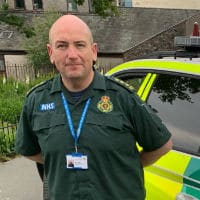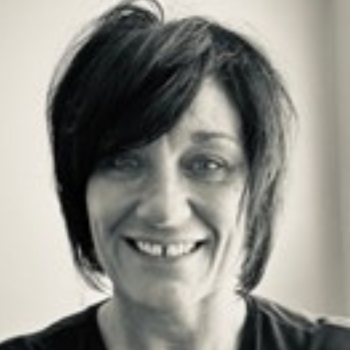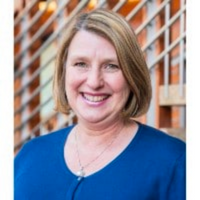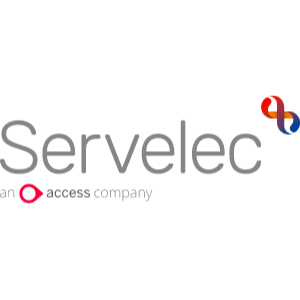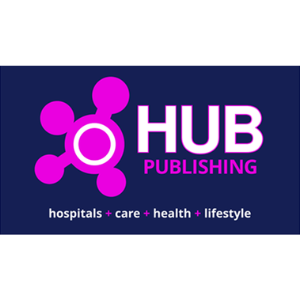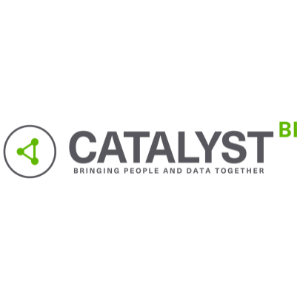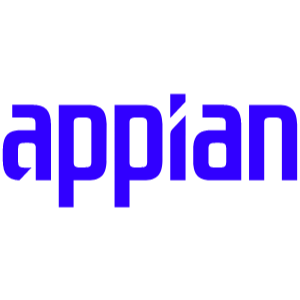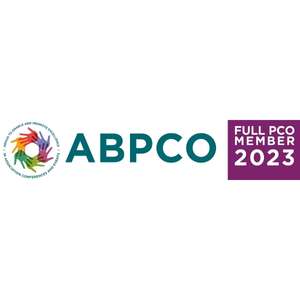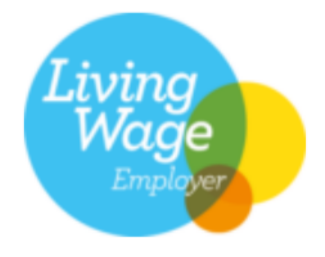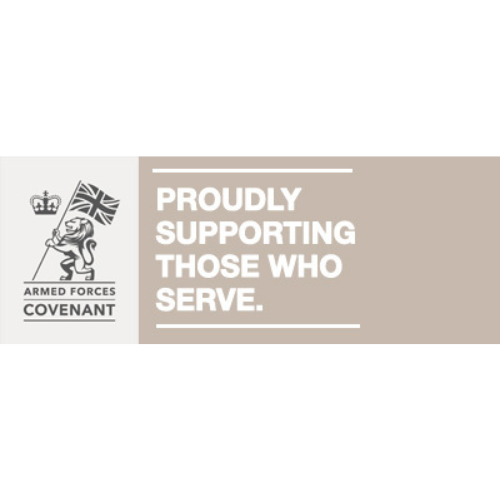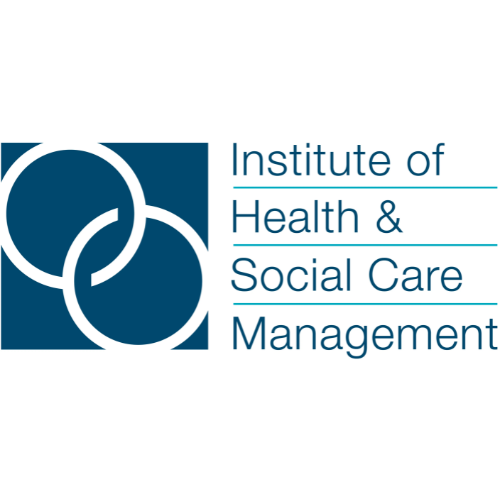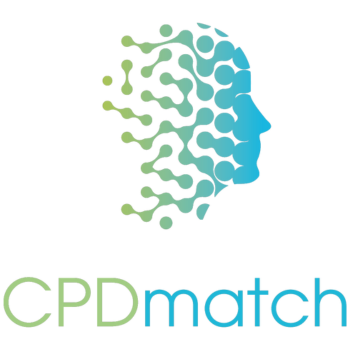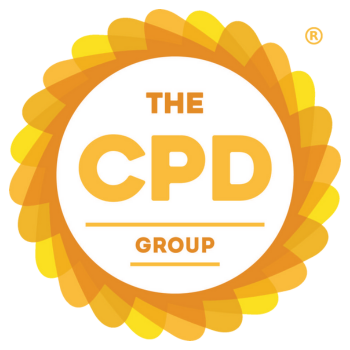NHS Patient Flow Virtual Conference
In the wake of the COVID-19 outbreak, Convenzis are committed to providing our public services with current policy updates and the sharing of best practice to help improve collaborative working and practical examples of innovation through these testing times.
All our virtual conferences are all split across 2 short but content-packed days, day 1 will focus on the sharing of best practices, national policy insights and innovation,
On day 2 speakers will continue their presentations focusing on the key take always and lessons learned, interactive question and answer sessions throughout will open the debate up and give you the chance to have your say.
With increasing pressure on emergency services, and as technology and the needs of the population change, the UEC system must also change to ensure a service fit for the future. Improvement initiatives are being implemented across the NHS to reduce pressure and simplify urgent and emergency services, resulting in better outcomes of care and experience for staff and patients. NHS England
The NHS responds to more than 110 million urgent calls or visits every year, so the UEC system must be working seamlessly to ensure patients are treated by the right person, as quickly as possible, NHS England & Improvement are rolling out some innovative pilots and programmes to help improve UEC statistics. Key subjects for NHS Patient Flow Virtual Conference:
Emergency Care Improvement Programme (ECIP): The Emergency Care Improvement Programme (ECIP) is a clinically-led programme that offers intensive practical help and support to 40 urgent and emergency care systems across England leading to safer, faster and better care for patients
Red2Green campaign: Sometimes patients spend days in the hospital that do not directly contribute towards their discharge, the team believe that by working better together we can reduce the number of these ‘red days’ in favour of value-adding ‘green days’.
Urgent treatment centres (UTCs): (UTCs) are GP-led, open at least 12 hours a day, every day, offer appointments that can be booked through 111 or a GP referral, and are equipped to diagnose and deal with many of the most common ailments people attend A&E for.
This is just a small example of the tireless work that healthcare bodies are putting in to ensure emergency departments are becoming more sustainable and patient care is improved, our NHS Patient Flow Virtual Conference will offer interactive speaker sessions and networking remotely and securely.
At NHS Patient Flow Virtual Conference We will welcome 12 sector-leading guest speakers as they talk us through the latest advancements in emergency patient care, the event will have an emphasis on technology and what we can expect for the future of urgent and emergency care.
Research sources for NHS Patient Flow Virtual Conference: NHS England, NHSX, Digihealth.net


